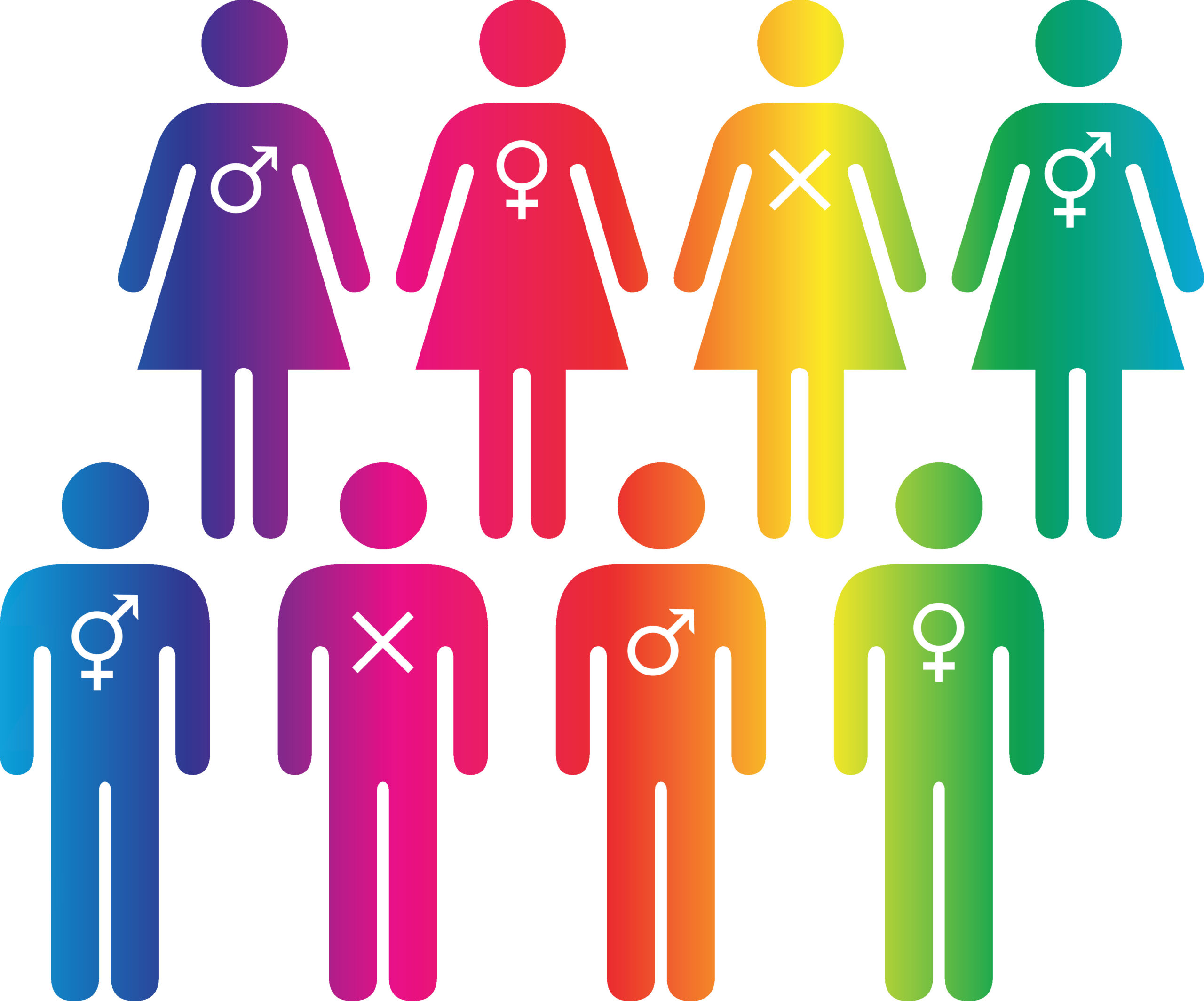
22 Nov What If I am Questioning My Gender Identity Or Sexuality?
The history of human existence is as ancient as 2.4 million years old. Evolving from mammals, our species exists on a similarly diverse spectrum of biological sexes and sexualities. However, being social creatures, we also invented gender identities and their expressions as our civilizations grew. It has been as recent as the year 1977 when the first documented study and research on homosexuality in India was published by Shakuntala Devi. This book saw homosexuality in a positive light and reviewed the socio-cultural and legal situation of homosexuality in India, for the first time in the public domain. Four decades later, on a September afternoon in 2018, India decriminalized homosexuality, famously noting, “History owes an apology to the members of LGBTQ community and their families for the delay in providing redressal for the ignominy and ostracism that they suffered through the centuries.” Further, it was only in 2014 that India legally recognized persons outside the gender binary and discussed gender identities at length in the public domain. In both these landmark judgments, the Indian apex court extended all fundamental rights under Indian Constitution and International Law to all LGBTQIA+ individuals.
Since legal recognition is new to us as a society, it is not surprising that the sociocultural systems have not yet fully begun to accommodate legal sanctions. Despite having a history rich in diversity, we grow up in a culture that is unapologetically patriarchal, heteronormative, and extremely conservative around topics of gender, sexuality, self-identity, and love. The inputs that conform to these notions begin right from birth, where one’s gender is derived from the sex assigned at birth based on the baby’s genitalia. Eventually, the conditioning is difficult to shed especially if one comes from the section of society that doesn’t require checking of privileges and questioning of biases. This leads to the creation of an environment where safe spaces are almost non-existent, and the exploration of one’s identity outside the pre-defined little boxes is seen as deviant and abnormal.
Gender is how one experiences and expresses themselves in relation to their physical body. You may want to prefer clothing, hair, body language, and appearance that may or may not align with your biological sex. You may feel like one expression on most days, and another on a few days. You may even want to change what your expression has been so far. Only you get to decide who you are.
Sexual orientation is about romantic/sexual attraction felt towards other people. You may be attracted to genders similar to yours, different from yours, both, neither or all. You need not necessarily have a sexual experience in order for you to determine your orientation. Similarly, despite having certain sexual experiences or infatuations, you may or may not be queer. Again, only you get to decide who you are.
When enabling factors, proper guidance, the culture of taboo around sex education, and lack of information are omnipresent, it is but natural that one can feel totally astounded about their gender and sexuality. Even in an ideal environment, the confusion and uncertainty are perfectly valid because both gender and sexuality tend to be fluid. It is absolutely alright to feel differently about your gender expression and sexual/romantic attraction today than you did yesterday. It is also okay if it seems like you cannot find the right label to define yourself or that you do not want a label at all. Figuring it out is a very unique and personal process, and may take up to a lifetime.
Unfortunately, our society exhibits a lot of malpractices that can take a toll on one’s mental health in such a situation. The pressure to conform to heteronormative standards, to get married, to get “fixed” by unethical and harmful medical practices, to listen to derogatory and hateful remarks of quacks and ill-informed persons; can all lead to extreme stress, trauma, depression, anxiety disorders, and other mental health issues. These challenges are exacerbated by the intersections of caste, class, gender, disability, and religious minorities where systemic injustices simply multiply for an individual.
However, we are equally fortunate to be living in these times when progressive changes are knocking at our doorsteps; where legal protections, reliable and verified sources of information, and professional help are available. With AtEase, it is effortless to reach out to trained personnel who can help you navigate self-doubt, family acceptance, coming out, etc., and enable you to feel self-confident and valued. These explorations are more common than you think, and it is important to take the first step in sharing your burden with people who are equipped to assist you. Keeping intersectionality at the core, we are here to help you untangle the knots that you may find difficult to confide in anywhere else.

No Comments